So, what is the antidote to chaos? You guessed it. Accountability.
“Accountability breeds response-ability.” – Stephen Covey
‘Accountability’ has become a buzzword in today’s corporate world. Notably, we started hearing the “A-word” more frequently as businesses tried to scramble and adapt to chaos during and after the outbreak of the COVID-19 pandemic.
Unfortunately, not every business and/or team was successful with accountability when crap hit the fan” with COVID-19. Things were chaotic and for many leaders, clarity was lacking. As a leader in today’s chaotic world, when something goes wrong, where do you look first? You guessed it. In the mirror.
Ask yourself how you contributed to the problem, no matter what. As a leader, you’re accountable for everything that happens with your team. The good. The bad. The ugly.
The Challenge:
I recently asked my husband and my kids what the word ‘accountability’ means. I got a variety of answers like, “It’s getting people to do what you want,” “That’s ownership!,” “It’s being in charge,” and “It’s responsibility, right?’ All these different answers revealed to me that accountability in our home certainly is going to be different with each member if no one really knows what it means!
For me, in the coaching and consulting world as well as in parenting and marriage, the word ‘accountability’ means – “doing what you say you are going to do and getting your team (and family) to honor their commitments.”
Accountability is NOT the same thing as responsibility and/or ownership. Responsibilities lead to opportunities for accountability. You are responsible for tasks and you are accountable for outcomes. Ownership is the personal decision to take all of this on.
Have you ever made someone accountable, but they didn’t take ownership of it? They didn’t buy in?
Most organizations understand that accountability and ownership is essential, yet don’t know how to create this culture within their organization. An example of ownership is when an employee admits an error made on a project. Accountability is when someone learns from their mistake and shifts the future approach.
Reality is that no one can do it all alone. We, as humans, NEED to have someone to hold us to account. That’s precisely how we can help. We keep you and your team accountable with our coaching.
Psychological Principle:
This is where a simple concept starts to reveal its depth and complexity. In this case, the simple concept is motivation and the deeper understanding that’s needed pertains to internal and external motivation.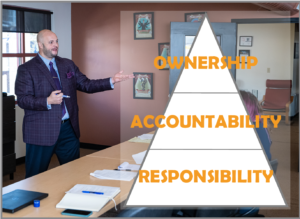
Accountability is doing what you are supposed to do because someone else expects it of you. It springs from the extrinsic motivation of reward and punishment. The core metaphor for accountability is “I’m holding your feet to the fire.” (Does that sound like fun? No wonder so many people subconsciously go into avoidance mode when told they will be “held accountable.”)
Ownership is doing what needs to be done because you expect it of yourself. It springs from the intrinsic motivation of pride and engagement. The core metaphor for ownership is “I’ll own that.”
- When there is little ownership, accountability suffers.
- When accountability suffers, responsibility wanes.
- When responsibility wanes, chaos ensues.
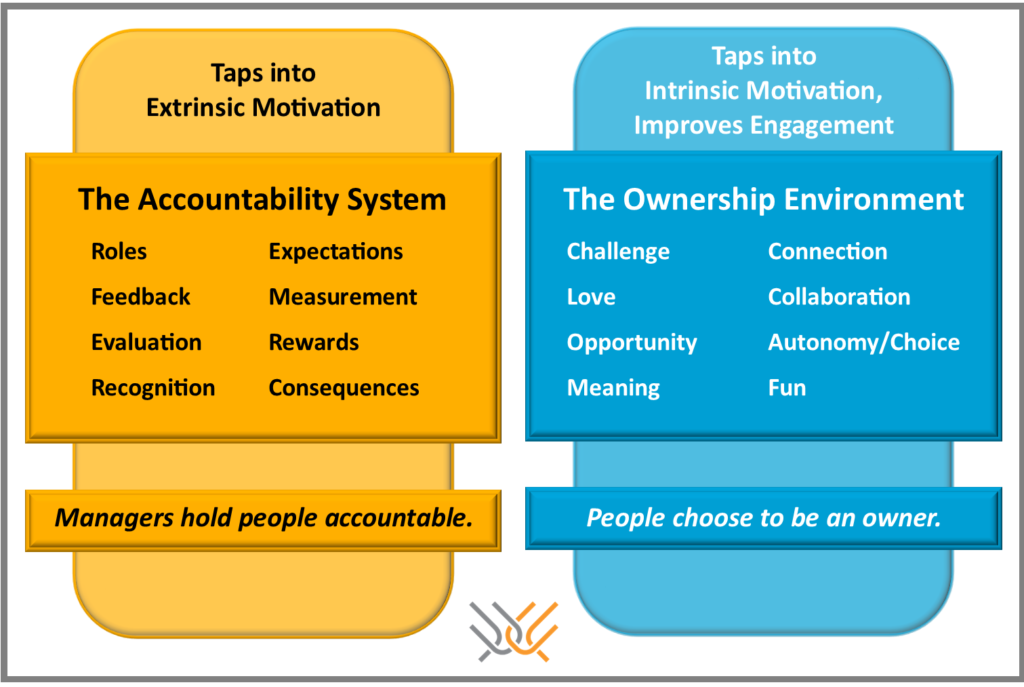
A study by the Association for Training and Development showed the huge power of accountability. If you make a conscious decision yourself that you want to achieve something, this increases your chances of success by 10-25%. Having a clear plan of how you’re going to achieve it increases your chances further, to 50%. But if you commit to someone else that you’ll do it, there’s a 65% chance of success. This increases to a massive 95% if you make a specific appointment with another person, to report back on your progress.
This research shows that social accountability really helps to increase the chances of sticking to your plans and forming new habits. This is why support groups and team accountability are successful models.
When it comes to responsibility, accountability, and ownership… having clear goals and commitment are key! Committing to one specific person and setting a time to report back to them is the critical element in achieving personal goals. And this is why accountability partnerships are such amazing tools for personal development.
Mindset Shift:
- Responsibility, accountability and ownership are NOT synonymous.
- Ownership is the goal.
- Prioritize accountability actions into your daily schedule with your team members. Ideas such as providing timely feedback, measuring progress toward goals, etc.
- Ownership is not something that leaders can demand. It’s intrinsic, rather than extrinsic like accountability. Employees choose whether to own their work, their department’s goals and their organization’s mission. Your goal as a leader is to help them find it themselves.
Performance Shift:
- Focus on less at a time.
- An accountability partner is key.
- Measure progress – often.
- Give solid, clear feedback – often.
- Look in the mirror during setbacks.
If you want to learn more about accountability, responsibility and ownership, reach out to Chris!
Follow Chris on Social Media!


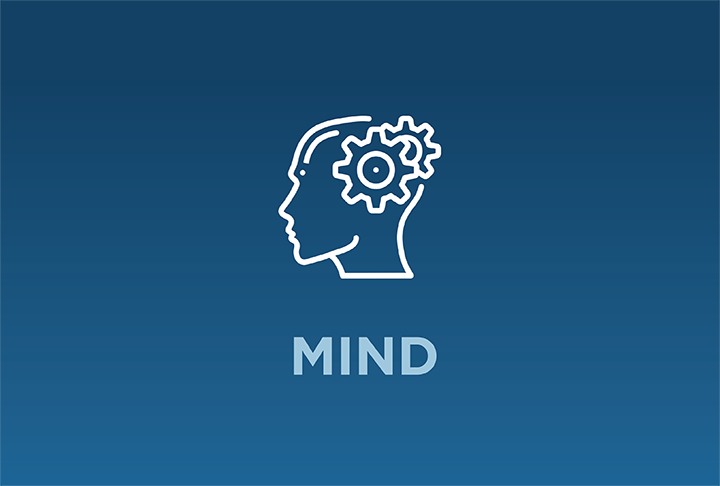





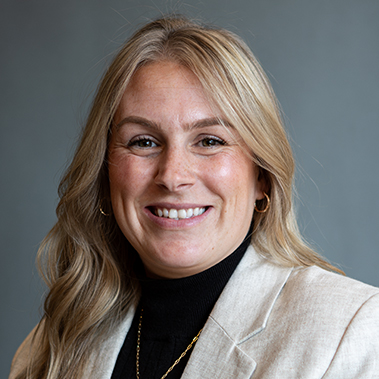
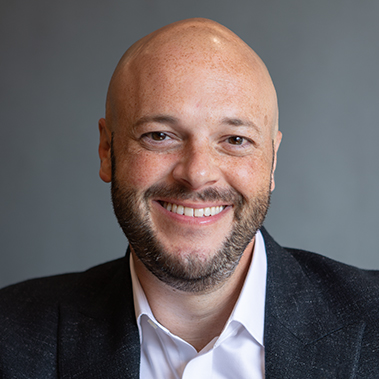
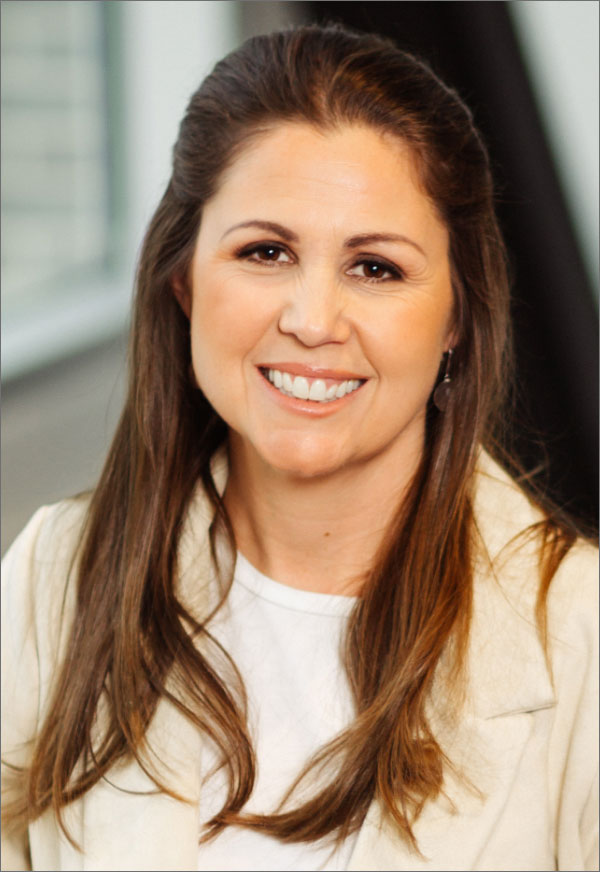
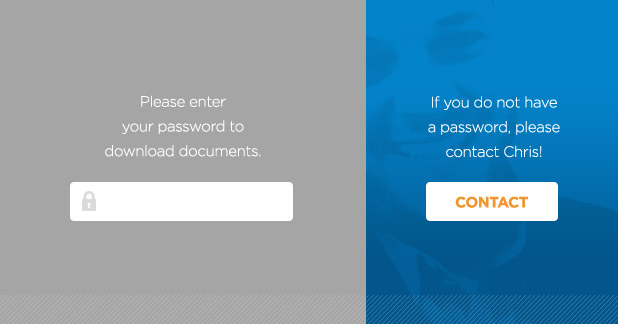
0 Comments